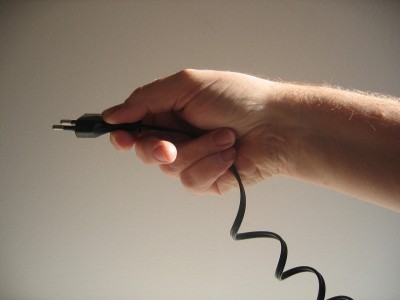In an increasingly noisy world, the quest for peace and tranquility has led many to explore the benefits of noise-cancelling earplugs. These innovative devices are designed to block out unwanted sounds, providing a sanctuary for those seeking solace in a cacophonous environment. Whether you’re trying to focus in a bustling office, sleep in a noisy neighborhood, or simply enjoy a moment of quiet, noise-cancelling earplugs can be a game changer. Their rise in popularity reflects a growing awareness of the importance of sound management in our daily lives. This article delves into the multifaceted world of noise-cancelling earplugs, exploring their technology, benefits, and best practices for use.
Understanding the technology behind noise-cancelling earplugs is crucial. These devices utilize advanced sound wave technology to counteract ambient noise. By producing sound waves that are the exact opposite of the incoming noise, they effectively cancel it out. This is known as destructive interference. The effectiveness of this technology can vary based on the design and quality of the earplugs. High-quality models can significantly reduce ambient sounds, making them invaluable for users in various environments.
The benefits of noise-cancelling earplugs extend beyond mere sound reduction. They can enhance concentration and productivity, particularly in work settings where distractions abound. Users report improved focus when using these earplugs, as they create a personal bubble of silence. This can be especially beneficial for students studying in noisy libraries or professionals working in open office spaces. The ability to tune out distractions can lead to better performance and greater satisfaction in both personal and professional tasks.
Moreover, noise-cancelling earplugs play a vital role in promoting better sleep. Many individuals struggle with sleep disturbances caused by external noise, such as traffic or neighbors. By effectively blocking these sounds, earplugs can help create a more conducive sleep environment. Sleep experts often recommend their use for individuals living in urban areas or those who share living spaces. The result is not only improved sleep quality but also enhanced overall well-being.
In addition to their practical applications, noise-cancelling earplugs can also serve as a protective measure for hearing health. Prolonged exposure to loud noises can lead to hearing loss, making these earplugs essential for individuals in noisy professions or environments. Musicians, construction workers, and factory employees can benefit from using earplugs to shield their ears from damaging sounds. By integrating noise-cancelling technology, these earplugs provide both comfort and protection.
Selecting the right pair of noise-cancelling earplugs can be daunting, given the myriad of options available. It’s essential to consider factors such as fit, noise reduction rating (NRR), and comfort. Custom-fitted earplugs often provide superior sound isolation and comfort compared to generic models. Additionally, users should look for earplugs that feature adjustable noise cancellation levels, allowing for a personalized experience. Trying out different models can help individuals find the perfect balance between sound reduction and comfort.
The versatility of noise-cancelling earplugs is another significant advantage. They are not limited to just one setting or activity. Whether you’re traveling on a plane, attending a concert, or simply relaxing at home, these earplugs can adapt to various situations. Many models are compact and portable, making them easy to carry in a purse or pocket. This adaptability ensures that users can enjoy peace and quiet wherever they go.
Despite their many advantages, some individuals may find noise-cancelling earplugs uncomfortable or difficult to use. It’s essential to address these concerns to maximize their benefits. Users should allow time to adjust to the sensation of wearing earplugs, as it can feel foreign at first. Additionally, proper insertion techniques can enhance comfort and effectiveness. Resources and guides are available to help users navigate these challenges and get the most out of their earplugs.
As with any product, there are limitations to noise-cancelling earplugs. While they can significantly reduce unwanted sounds, they may not eliminate all noise entirely. Users should manage their expectations and understand that complete silence may not be achievable. Additionally, the effectiveness of earplugs can vary based on the frequency of the noise. Low-frequency sounds, such as the hum of an air conditioner, may be more challenging to block than higher-frequency noises.
In conclusion, noise-cancelling earplugs offer a practical solution to the challenges posed by noise in our daily lives. Their ability to enhance focus, improve sleep, and protect hearing makes them a valuable tool for many individuals. As technology continues to advance, future research could explore the development of even more effective designs and materials. Additionally, studies on the long-term benefits of using noise-cancelling earplugs in various settings could provide deeper insights into their impact on overall well-being. Embracing this innovative technology could pave the way for a quieter, more peaceful existence in an ever-noisier world.

